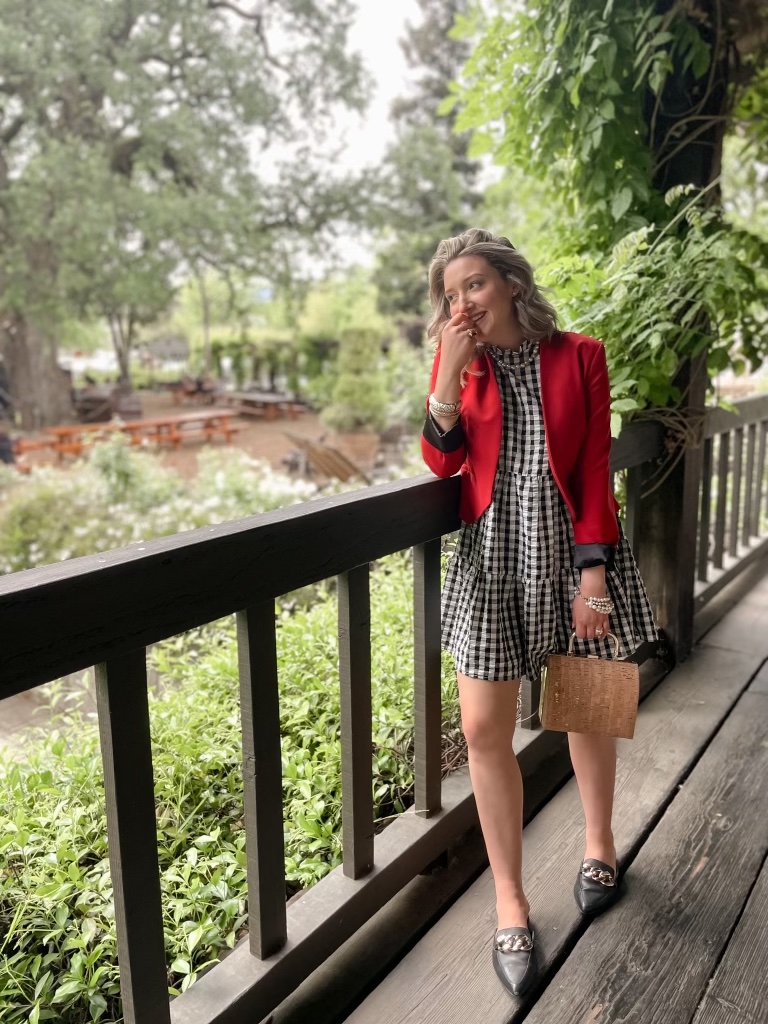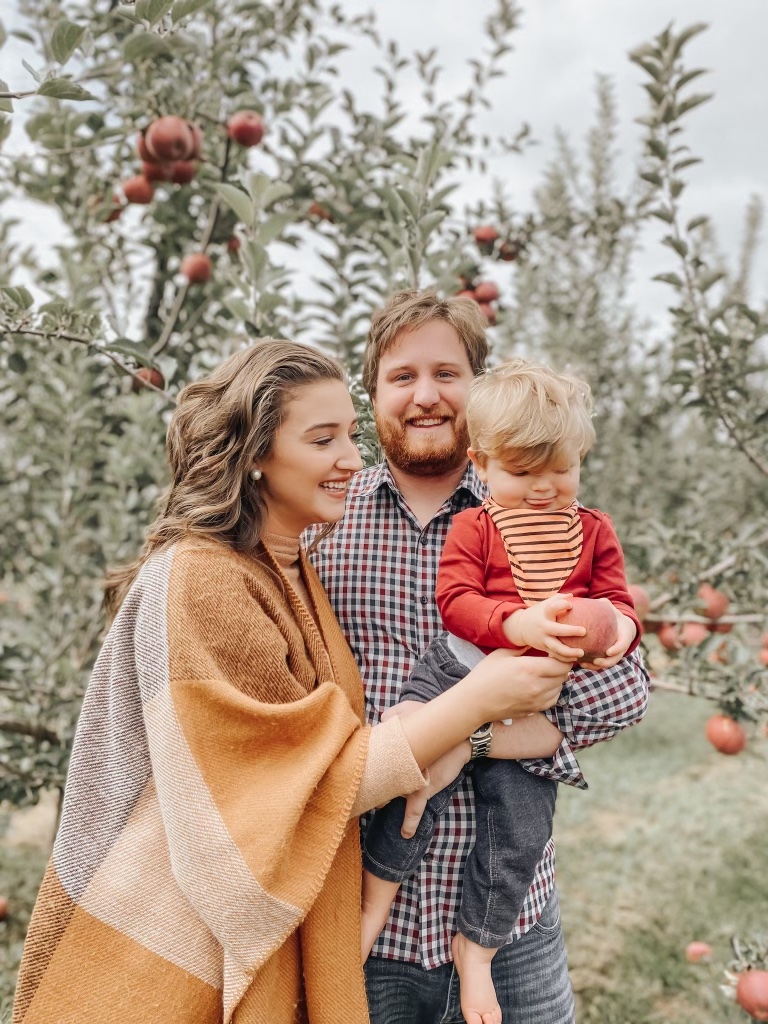
A conversation with Antoinette Cea-Lopes, English alumna
Antoinette Cea-Lopes graduated from The Catholic University of America in 2017. While at CUA she majored in English with minors in Theology and Religious Studies, Philosophy, and Medieval and Byzantine Studies. She was the Editor-in-Chief of The Tower, a copy editor for Inventio, President of the English Society, and member of Theta Alpha Kappa. Since graduating, she attended St. John’s University in Queens, New York, where she earned an MA in Theology and Religious Studies while working as a graduate assistant. She is married to a fellow CUA graduate and expecting their second child in February
What is your current job/title?
I am currently the Facilitator for Catholic Liberal Arts Education at the Saint Mary School in Middletown, New Jersey. I am also an educator at the school and teach courses in Research Paper Development and Ethics, and well as Theology and Religious Studies.
Why did you choose to study English at Catholic U.?
I chose to study English at CUA in order to successfully debate my father about the Great American Novel. I’m only joking. (Or am I?) In all honesty, I almost studied History but found that I was much more interested in what people from various time periods and backgrounds were saying about when they existed. I loved using literature as a lens through which to see the world and the experiences of each person within it.
I have also always loved reading. That probably seems very simplistic, but I also wanted to pursue my passions in college and studying English seemed very natural to me. I cannot imagine having studied anything else.
What was your path from graduation to your current job like? What advice can you give senior majors and recent grads about life after graduation?
When I first graduated, I worked at a coffee shop as a barista for about a year. I am not making a joke here, either. I distinctly remember a conversation with Dr. Baker about what one does with an English degree after college and he made this comment about the necessity of “fumbling around in the dark” for a while until you land somewhere and I really leaned into that advice. I wanted to discern what my life would look like down any given path. I would advise every graduate to also follow this advice.
I eventually landed a job as an editor for a magazine company but decided to pursue teaching soon after. I missed being in a classroom. I also missed being a student, so I also pursued an MA at St. John’s University in Theology and Religious Studies. As if the question of what one does with an English degree was not asked enough, throwing a Theology degree into that mix certainly left the future open. I found a part-time job at a local Catholic school that eventually turned into an administrative position that I love.

How has your English background served you professionally?
Studying English has given me the ability to think critically and read with purpose. Even now when I read a book leisurely I find myself annotating the pages with pens and highlighters. The skills of critical thinking and reading are becoming more rare to find.
Also, I have to speak for a moment on the required Geoffrey Chaucer class I took at CUA. I mean this wholeheartedly: the Chaucer class changed my entire life and career path. Every single time I was in a job interview the Chaucer class I took was discussed because apparently no other college or university is requiring a course on this author anymore. It fascinates me that this one class always sticks out to interviewers. This probably sounds like hyperbole, but it is not. Even in the interview for my barista job fresh out of college I was jokingly asked if I could “talk in that weird English like Chaucer did” and it was a great ice breaker. (And yes, I still can recite the beginning of the General Prologue!)
What do you like the most about your job?
I love working with kids. More than that, I love watching them wonder about things like literature, religion, or even God. Even if they never come to an answer about some things (which is to be expected with eternal mysteries), watching them grow in wonder is a beautiful thing. It makes me miss my own time in a classroom as a student.
What does a typical day at work look like for you?
I start my days with meetings most of the time. We review curriculums, reading lists, text books, etc. The Saint Mary School was the first school in our diocese to embrace the Classical philosophy and it’s been awesome helping usher this kind of education through the doors.
After my typical morning meetings and all, I teach classes in the afternoon to middle school students. Some semesters I teach Research Paper Development and Ethics and others I teach Theology and Religious Studies.
What did you learn as an English major at Catholic U. that has stayed with you?
I learned a lot as an English major. It’s very hard picking one thing that has stayed with me. However, everything recalls Milton.
Do you have any advice for current English majors?
First, do not allow anyone to convince you of the lie that you will not be able to do anything with an English degree. I look around at my fellow graduates and see people with wonderful careers and life paths that studying English helped them achieve.
Finally, a quick list to remember: the character name “St. John” in Jane Eyre is not going to be pronounced like you’re assuming; The Sound and the Fury will make more sense if you just get to the end of the book; scansion will not ruin your life; and again, take that Chaucer class proudly.
